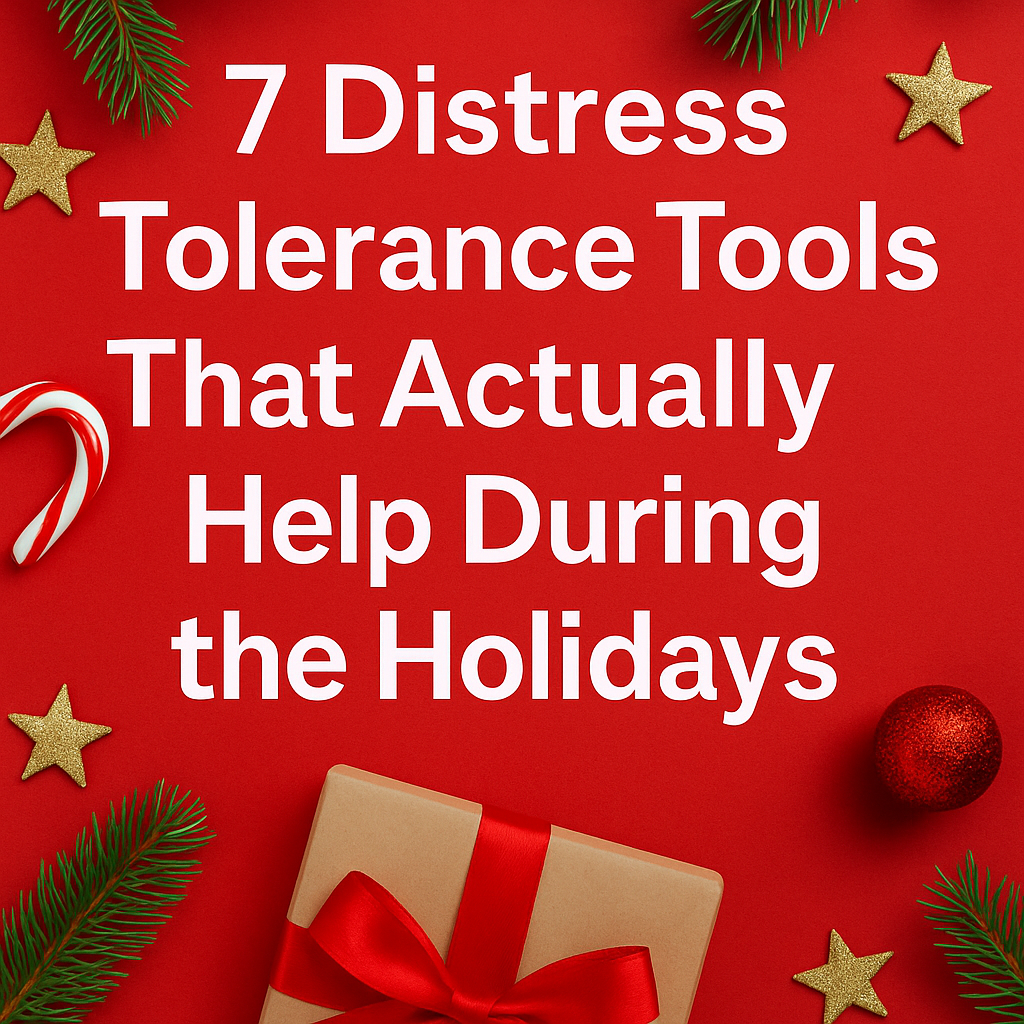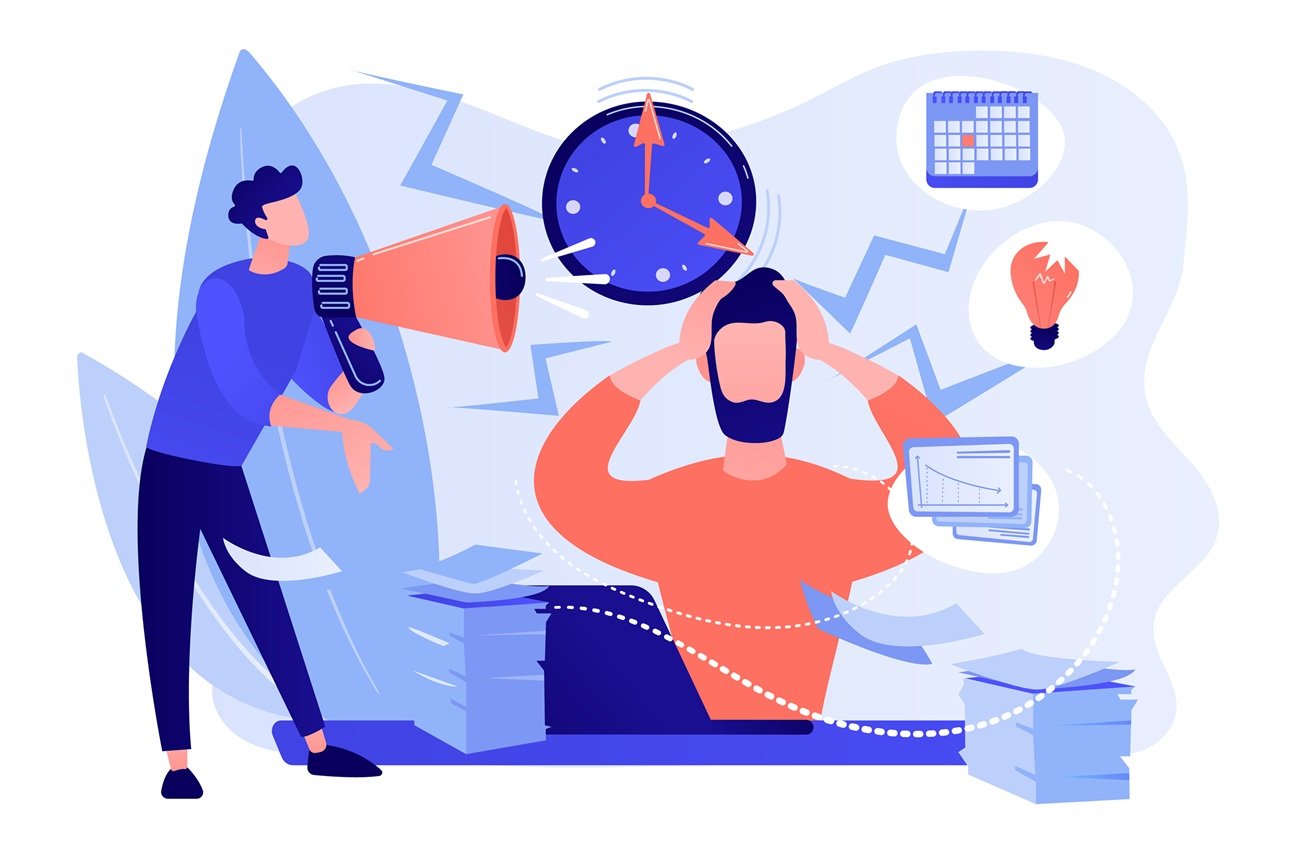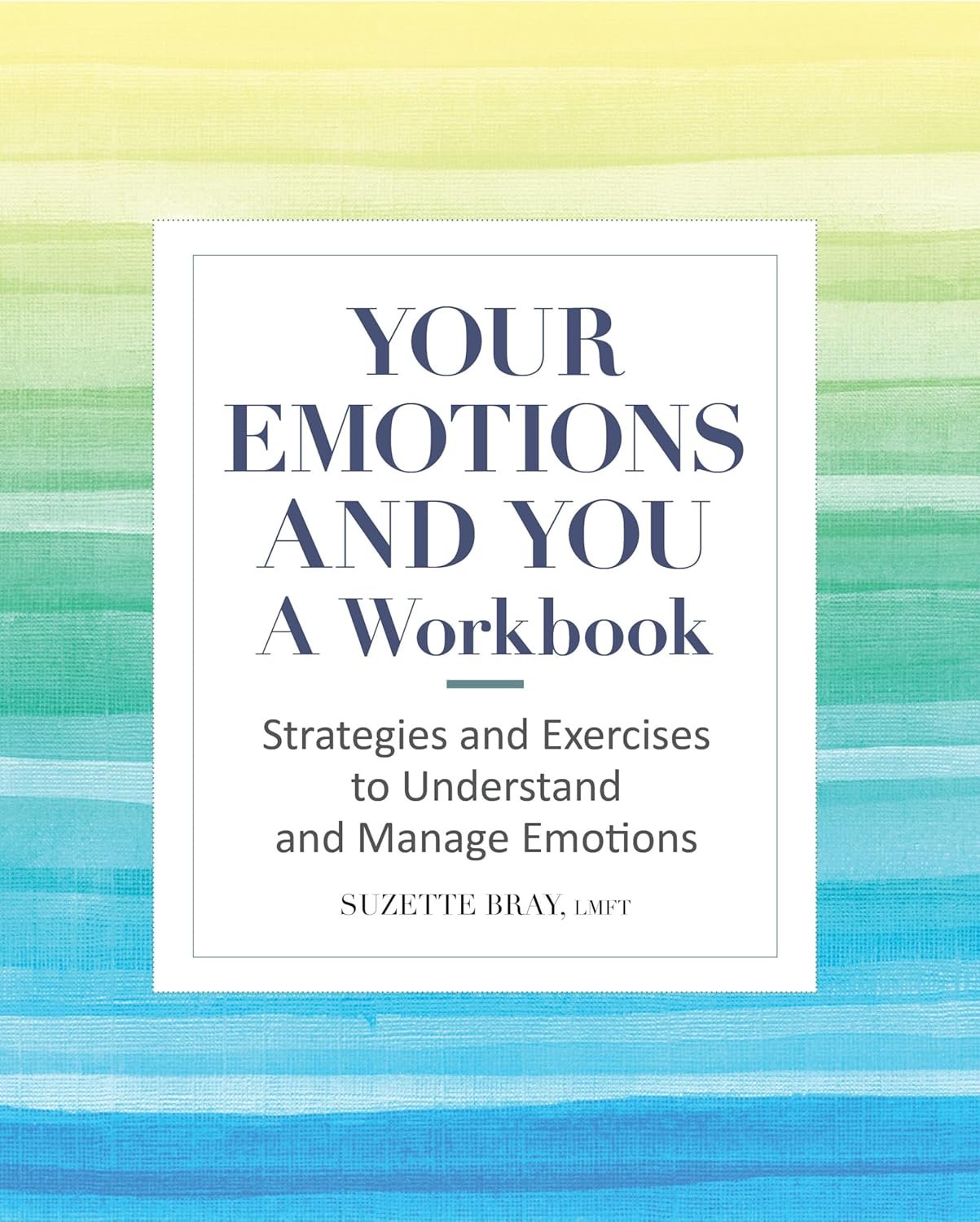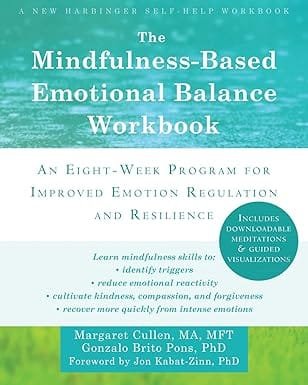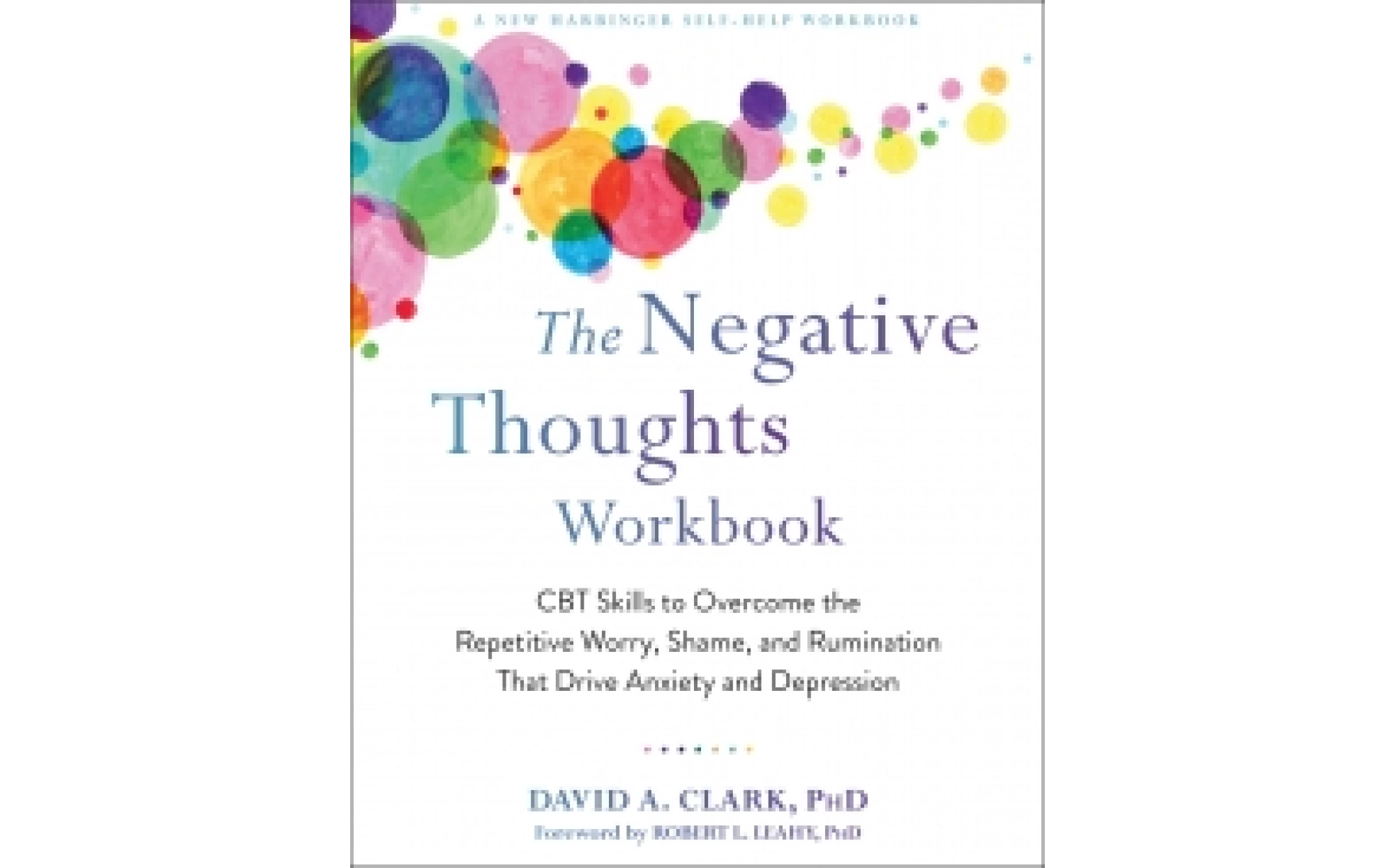When life starts feeling overwhelming—emotionally, mentally, or even physically—there’s often one quiet truth many of us try to avoid:
You can’t do it all alone.
Maybe you’re holding it together on the outside, but inside? You’re anxious, burned out, constantly overthinking, or feeling low and disconnected. Maybe the same issues keep popping up in relationships. Or maybe you’re tired of “pushing through” without actually healing.
If this sounds familiar, individual therapy could be the lifeline you didn’t know you needed.
Let’s explore how it works, why it’s so powerful—and whether it could be your best decision yet.
🧠 What Is Individual Therapy?
Individual therapy (aka psychotherapy or talk therapy) is a one-on-one conversation between you and a licensed mental health professional. It’s your space to unpack emotions, process experiences, work through thought patterns, build coping skills, and—let’s be real—just be seen and supported without judgment.
This isn’t about “fixing” you. It’s about helping you:
- Understand your emotions
- Identify unhelpful patterns
- Build better boundaries
- Learn skills to manage stress, anxiety, trauma, or depression
- Create a more aligned, fulfilling life
And unlike venting to a friend, therapy gives you a trained guide who’s focused 100% on helping you grow.
🔍 What Can You Work on in Therapy?
Honestly? Almost anything. Therapy is as individual as you are. Some of the most common goals include:
- Coping with anxiety or depression
- Healing from past trauma or relationship wounds
- Managing life transitions (career change, divorce, grief, parenting)
- Improving self-esteem and self-worth
- Reducing emotional reactivity and learning regulation skills
- Navigating identity, purpose, or direction
Even if you don’t know what you want to work on yet—that’s okay. Therapy helps you figure it out.
💡 What Makes Individual Therapy So Effective?
Here’s what makes therapy stand out from self-help books or quick tips online:
1. Personalized Attention
You’re not following a one-size-fits-all plan. Your therapist works with your story, patterns, and goals—and adapts their tools and strategies to fit your specific needs.
2. Accountability with Compassion
Therapy gives you consistent check-ins. You’re not just thinking about change—you’re actively working on it, with someone helping you stay accountable.
3. Regulation + Reflection = Change
You’re not just venting. A good therapist teaches emotional regulation tools, helps you explore deeper patterns, and creates space to reflect and grow without shame.
4. Safety for the Hard Stuff
There are things you may never say to anyone—but in therapy, you can. It’s a space for the unfiltered truth, the hard memories, the messy feelings. And healing happens there.
✅ Signs You Might Benefit from Individual Therapy
Still not sure? Here are a few signs therapy could be exactly what you need:
- You feel emotionally overwhelmed or numb
- You struggle with anxiety, panic, or intrusive thoughts
- You’re often irritable, shut down, or reactive
- You keep ending up in painful relationship patterns
- You’re dealing with grief, burnout, trauma, or stress
- You want to grow but feel stuck
If you saw yourself in any of those, therapy isn’t a luxury—it’s self-preservation.
🧭 Ready to Start Therapy?
If you’ve been thinking, “Maybe I do need support,” consider this your sign. Individual therapy isn’t just for crises—it’s for growth, healing, and becoming the best version of you.
💬 Work With Me 1:1
🟣 If you’re in Arizona or California, I offer DBT-informed therapy and coaching that’s collaborative, practical, and grounded in the skills that actually work.
It’s not just talk—it’s strategy, support, and transformation.
💻 Not Local?
Try Online-Therapy.com to connect with a licensed therapist and access CBT- and DBT-based worksheets, journaling prompts, and weekly sessions.
✨ Use code THERAPY20 for 20% off your first month.
🛠️ Waiting to Get Started with Individual Therapy… or Want to DIY It?
Whether you’re easing into the idea or prefer to explore first on your own, here are powerful, therapist-approved resources to get you started:
📘 Self-Guided Workbooks & Tools
- Self-Directed DBT Skills Workbook by Elliot Weiner, PhD, & Kiki Fehling, PhD
→ A practical, skill-focused guide to learning DBT on your own - Your Emotions and You by Suzette Bray
→ Exercises and insights to better understand and manage your emotions - The Mindfulness-Based Emotional Balance Workbook by Margaret Cullen & Gonzalo Brito Pons
→ An eight-week program to enhance resilience and reduce reactivity - The Negative Thoughts Workbook
→ CBT-based tools to stop the cycle of worry, shame, and rumination
🧩 Digital Tools from My Store
- DBT Skills Toolkit Bundle
→ Includes everything from mindfulness to distress tolerance to emotional regulation - Challenging & Changing Negative Automatic Thoughts Worksheet
→ A quick-start resource for reframing self-defeating thoughts - 101 Coping Skills Everyone Should Know – Free Download
→ Your grab-and-go guide for calming anxiety, stress, and emotional overwhelm
🧠 Final Thoughts: Therapy Isn’t Just a Fix—It’s a Foundation
Sometimes we wait until we’re completely burnt out, disconnected, or in crisis before we seek help. But what if therapy could be the prevention, not the emergency plan?
What if it could be your space to:
- Reclaim your energy
- Learn real tools for emotional regulation
- Understand your patterns
- Build a future that feels better than “just surviving”?
Because here’s the truth: You don’t need to have everything falling apart to deserve support.
You just need to want something better.
And whether you dive into therapy now or start with one small resource, you’re taking an incredibly brave, beautiful step toward your healthiest self.




